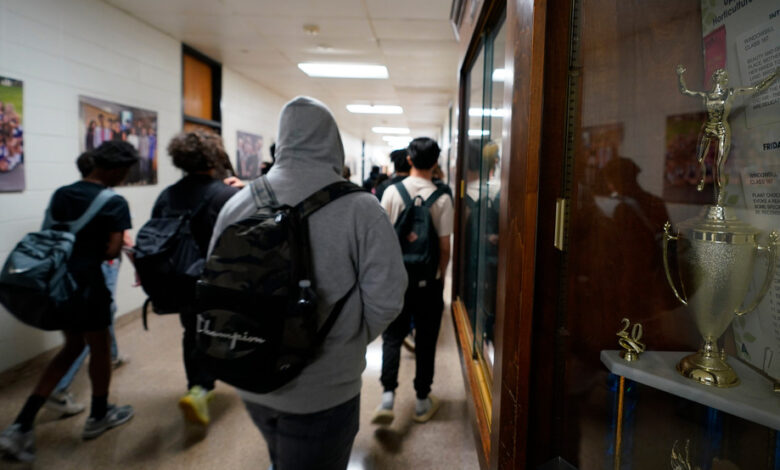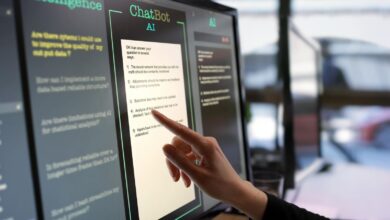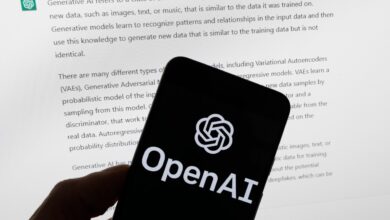New report shows widespread usage of AI by high school seniors

(TND) — Nearly all college-bound high school seniors are familiar with generative artificial intelligence tools, and the vast majority of them have used those tools, according to a new survey from Art & Science Group.
The consulting firm, which caters to educational institutions, surveyed students this winter about AI usage and concerns. Its report was released Monday.
David Strauss, a principal partner with Art & Science Group, called their findings “really striking.”
He said 19 out of 20 students are familiar with generative AI. The survey found that 69% of college-bound students have used generative AI tools.
Over a third are using AI for schoolwork, including about a quarter who are using the technology to write essays or complete assignments, not just to help them take notes or study.
And about 40% have fiddled around with generative AI just for fun.
“That’s a pretty quick uptake,” Strauss said.
It’s been only about a year and a half since OpenAI’s ChatGPT was released, ushering in a breakout year for AI.
AI has been around in some form for decades, but new, fast-evolving generative AI tools that can create text and images have captured the public’s imagination and fears.
And students and schools are trying to chart a path forward with this new, potentially game-changing technology.
The RAND Corp. research organization previously found that America’s teachers are dipping their toes in AI’s waters.
RAND surveyed and interviewed educators across the country last fall and this winter. It found that 18% of K–12 teachers are using AI. Another 15% have tried AI at least once.
Art & Science Group’s survey of high schoolers appears to show the younger crowd has jumped feet first into the AI waters by comparison.
Strauss said if anything, their survey underreports the usage. Students are more likely to feel ashamed of their use than exaggerate it, he said.
And usage is only going to go up from here, Strauss said.
A lot of students are concerned that they’ll miss out or be at a disadvantage if they don’t use AI, the survey found. Over half of those surveyed expressed concerns about losing out on a desired school or scholarship to other students who take advantage of AI.
Strauss said he expects to see “a budding arms race” as more students believe they need to use AI to keep up with their classmates.
But the widespread usage isn’t without concerns from students.
Over 70% of the surveyed students said they are at least somewhat concerned about AI-powered misinformation and deep fakes, declines in critical thinking and creativity, cheating and plagiarism.
“These kids have an ethical compass, or a moral compass,” Strauss said.
Strauss said that he’s sat in meetings where university officials have debated how to stop students from using AI.
But schools shouldn’t fool themselves into thinking they can completely shut out AI. Schools would be smart to focus on the lessons and guardrails for responsible uses of AI, he said.
And that’ll look different based on the principals and priorities from school to school, Strauss said.
“You don’t stop technologies from developing, if you’re effective,” he said. “You figure out what you’re going to do with them and how you might try to constrain them.”



